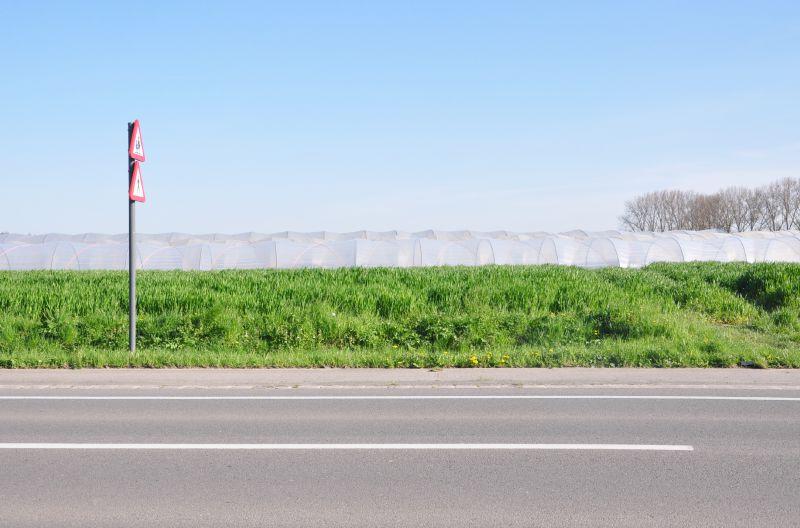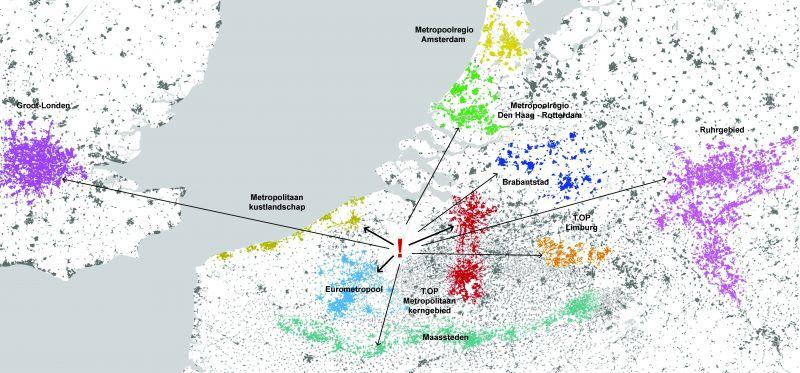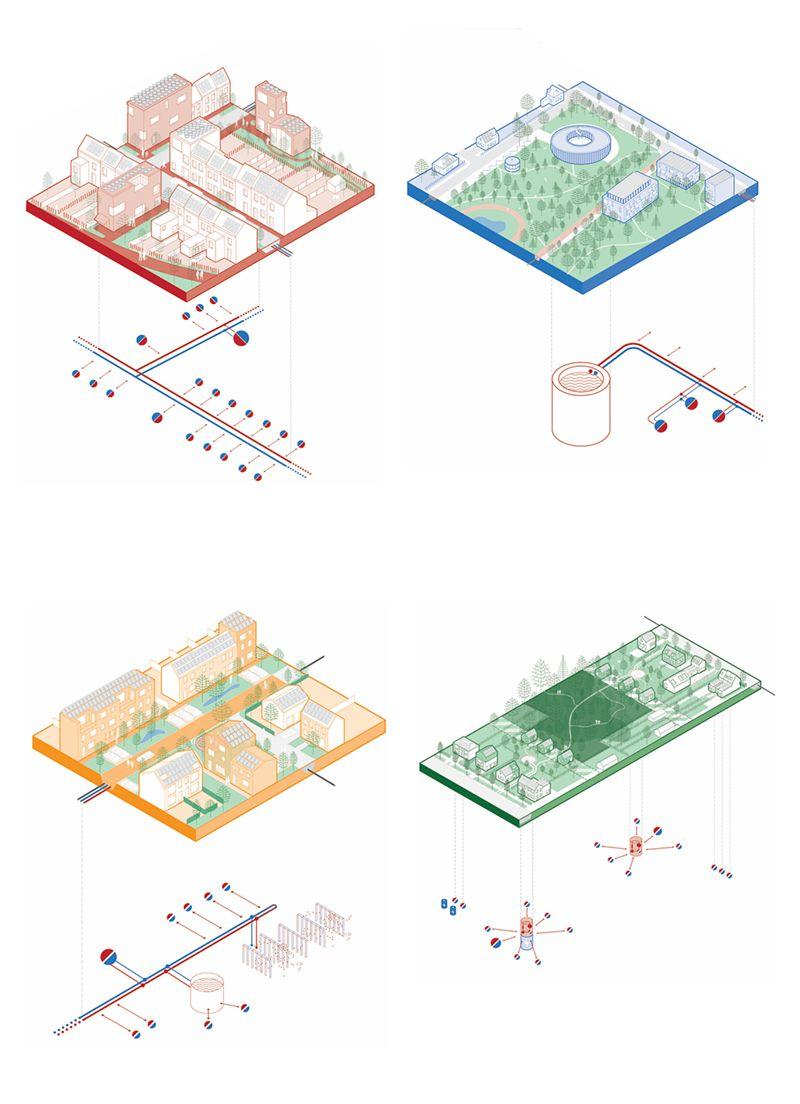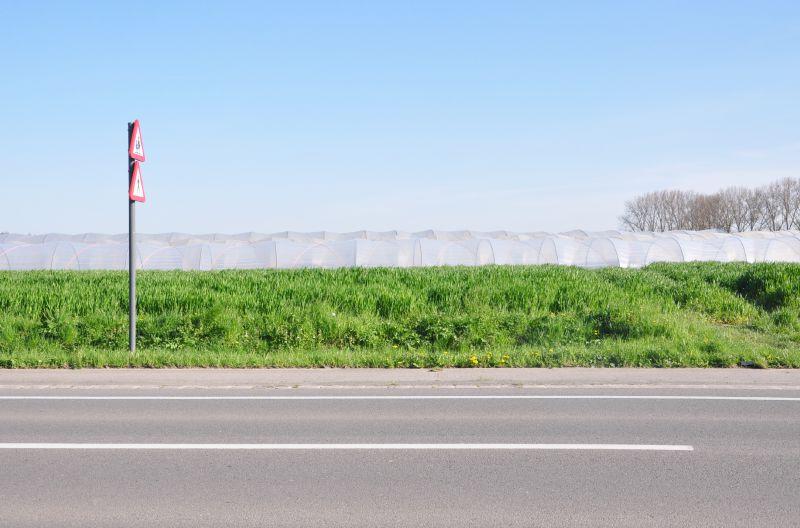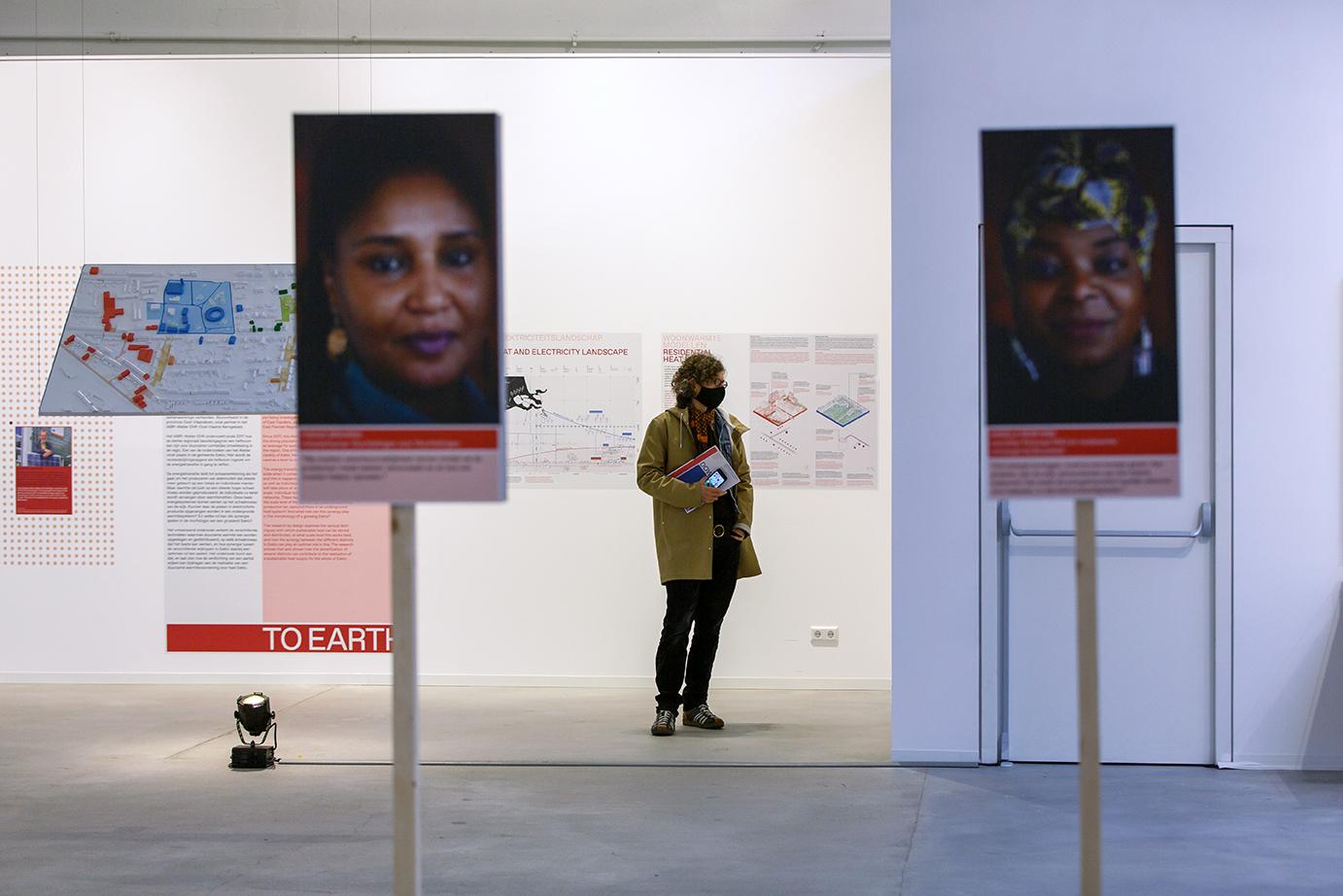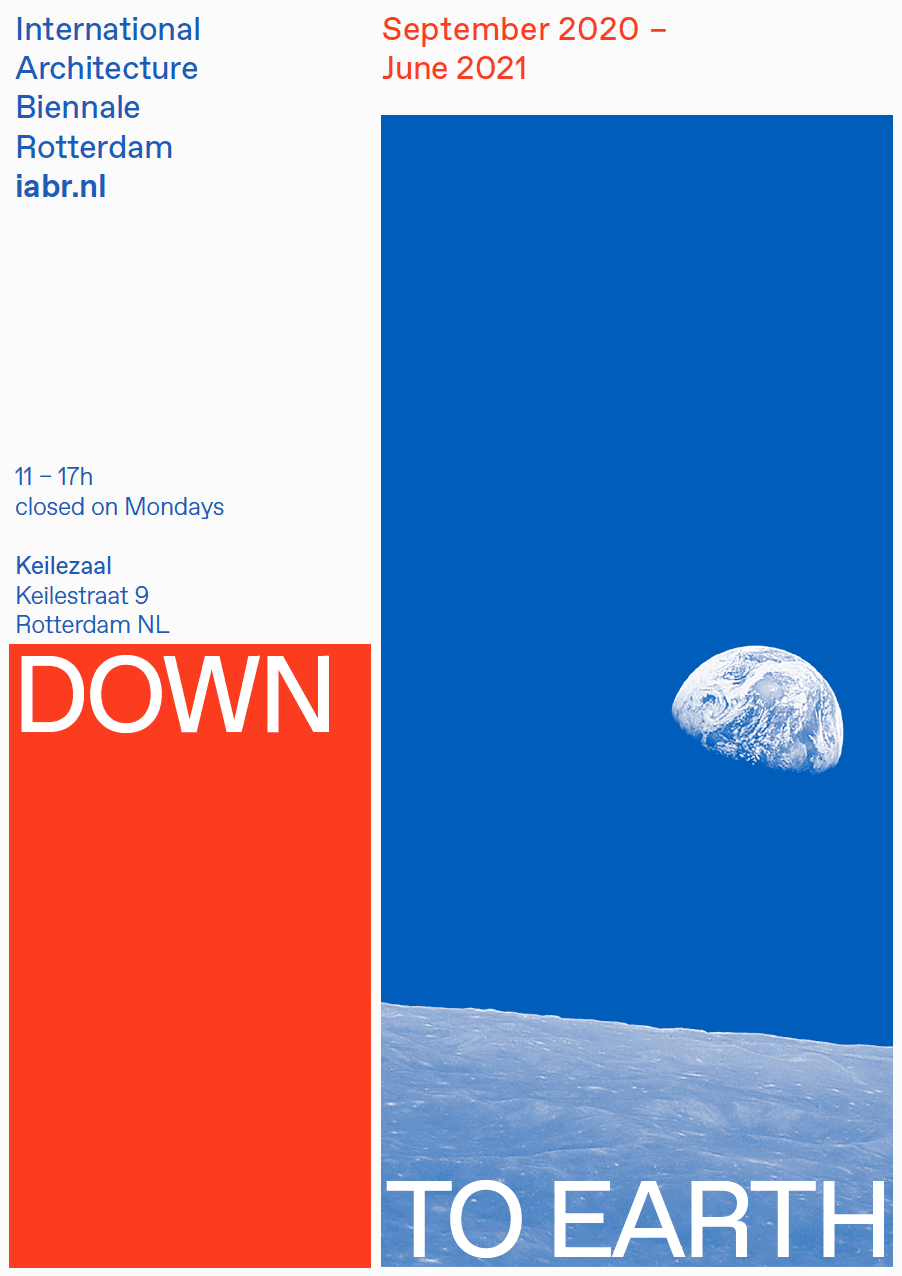The IABR–Atelier East Flanders Core Region investigates and tests how population growth in the region can create opportunities for the sustainable spatial development of the entire East Flanders Core Region. The East Flanders Core Region is a network of cities and municipalities around Ghent. The population in this area is expected to have grown by 15 to 25 percent by 2050. In other words, an added 100,000 to 160,000 people will live here. To accommodate this growth, the region will need new housing, workspaces, and facilities.
The Atelier went in search of ideas, initiatives, projects, and partnerships that were relevant to the entire region. The aim was to develop projects that, in a specific location, provided feasible and replicable solutions to the spatial problems of the entire East Flanders Core Region. The Province of East Flanders wants to use its space in a smarter and more diverse way to achieve a climate-healthy and high-quality living environment by 2050. Innovative and creative solutions will help to achieve the high level of ambition of policy documents such as the Policy Plan for Spatial Planning Flanders and the Provincial Core Document.
Part of the results were presented at the 2020 Biennale exhibition ‘Down to Earth’.
